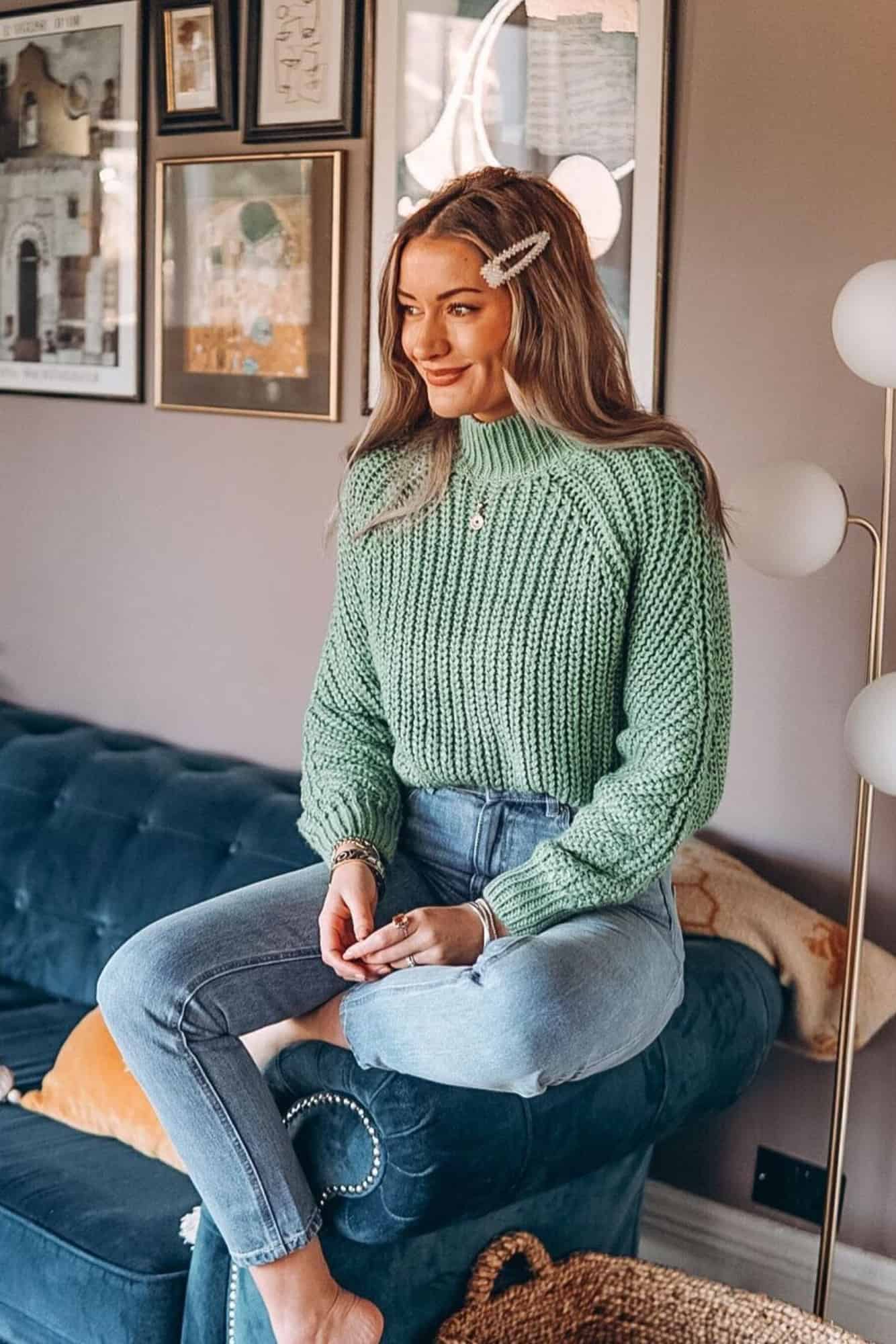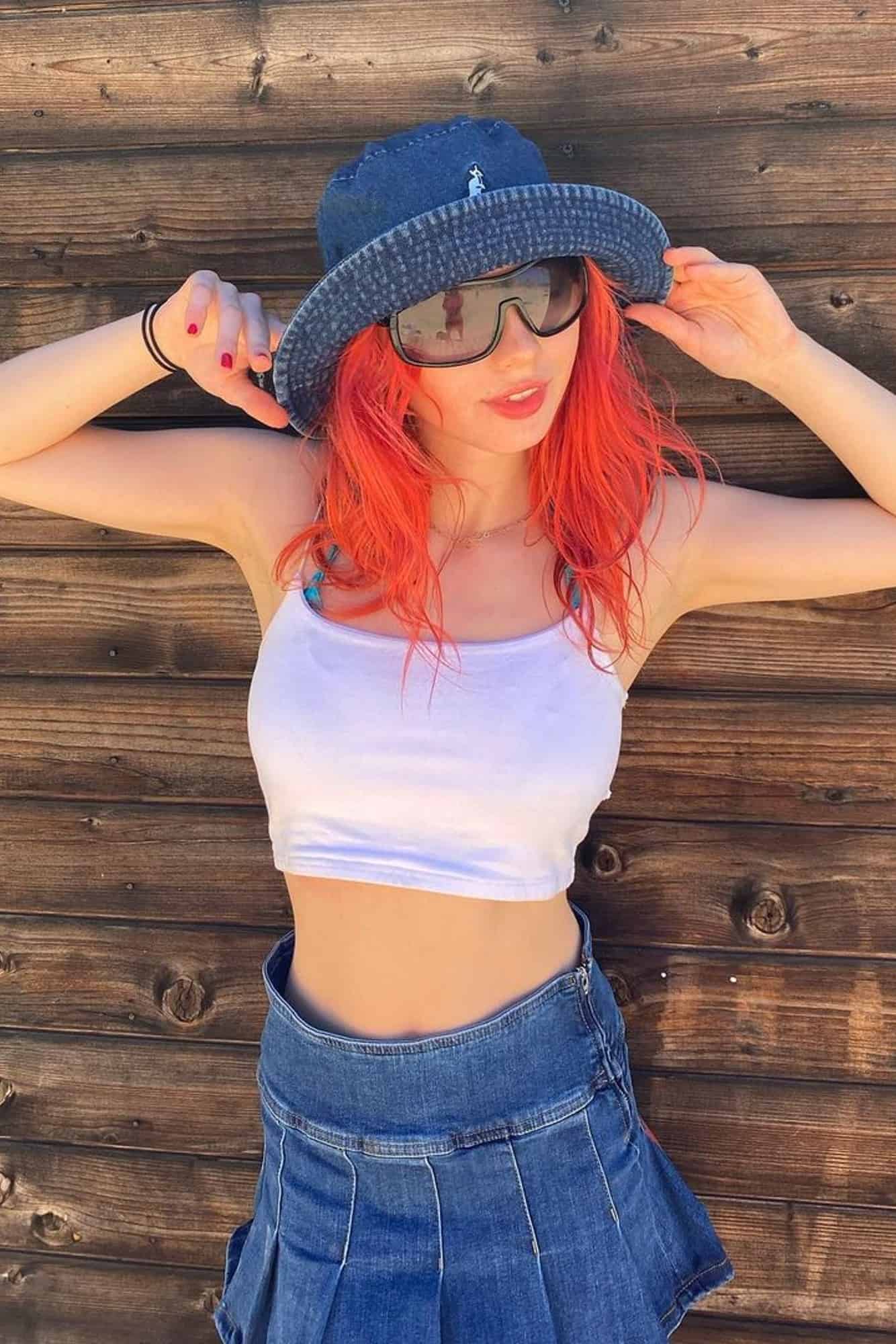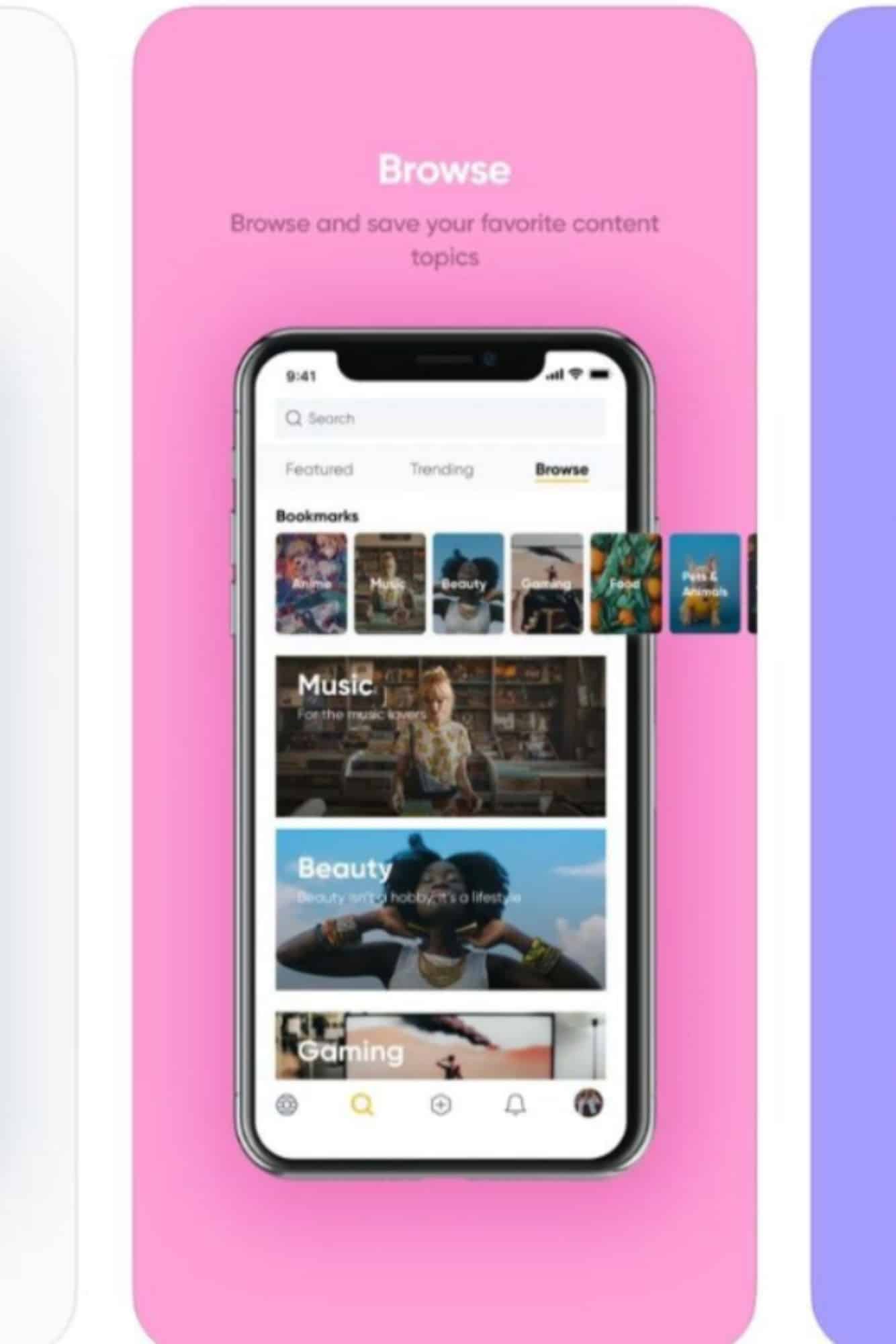A generational war has been brewing for a while. Whether you call it Gen Z vs Millennials, mom jeans vs skinny jeans or middle partings vs side partings, it all boils down to the fact internet users aged 24 and under strongly believe that those over the age of 25 are just pretty lame.
From their Instagram selfies and how they refer to everyday responsibilities as “adulting”, to knowing their Hogwarts house and thinking drinking coffee is a personality trait, Gen Z is vocal about the many irritating quirks of their preceding generation. The main battleground has mostly been TikTok which, despite its increasingly older user base, is still widely recognised as Gen Z’s online hub. However, the clash between generations can be seen on all platforms – but none as subtle as Pinterest.
Like all social platforms, the site has flourished in the last year. Its appeal lies in its capacity for pure escapism – allowing users to “pin” pictures to different boards so that you can plan and compartmentalise your dream life. Its algorithm learns your likes and dislikes as you go. After a while, the feed becomes so instinctive that it eliminates the need to search at all. I looked up North Face jackets once about a month ago and now get pictures of Bella Hadid styling them a dozen different ways on a daily basis. Cut off from the outside world, the platform’s steady stream of inspiration is a godsend for the fashion-starved.
Once mainly populated with middle-aged users exchanging recipes and DIY hacks, its audience has aged down. While millennial usage increased by 36% (with home content their most popular search trend), Gen Z now makes up Pinterest’s fastest-growing demographic. Piecing together their own dream aesthetic from images sourced from Instagram, movies, TV and even Bratz dolls, their fashion taste on the platform has gained a reputation. On TikTok, the #pinterest aesthetic has over two billion views as users try to recreate outfits fitting the “Pinterest vibe”. Fashion content creators such as Brit Harvey, Mia Moore and Liz Norris have seen their followings soar on other platforms thanks to their popularity on the site, with the latter citing it as one of the main reasons she finally felt comfortable enough to let loose with her personal style. All three are classic “Pinterest girls” – content creators who are just as likely to be found on pages of outfit inspo as they are on manifestation vision boards.
You may also like
Fashion aside, it doesn’t hurt that Pinterest requires minimal effort or human interaction, and there’s basically no measure for success on the platform. This is an idealised version of what Instagram used to be for many – a hub for inspiration, without feeling like they’re being sold to 24/7. But that might be about to change. With traffic on the rise, Pinterest introduced new in-house shopping features in September, added a new augmented reality try-on service for makeup in January and aims to make “every pin shoppable” ASAP.
It’s the exact opposite of what Gen Z flocked to the site for in the first place – piecing together an aspirational dream life, more a form of therapy than actual shopping – and is more typical of the platforms they mock Millennials for continuing to cling to. Over 80% of Gen Z ignore ads anyway, but when pictures of outfits link out to vaguely (in most cases, extremely vaguely) similar pieces of clothing, it feels more like a cash grab than a helpful shopping tool.
This move may work for the users still mapping out home renovations or looking for new lamps, but that’s the old Pinterest – the “I’m a Hufflepuff, so sick of adulting, eating avocados while doing Buzzfeed quizzes” millennial version of Pinterest. The platform should be wary: Gen Z loves it now, but they won’t hesitate to bin it with the rest of millennial culture if the time comes.
By Chloe James, fashion and beauty editor of CORQ. Picture credit: Brit Harvey via Instagram.










